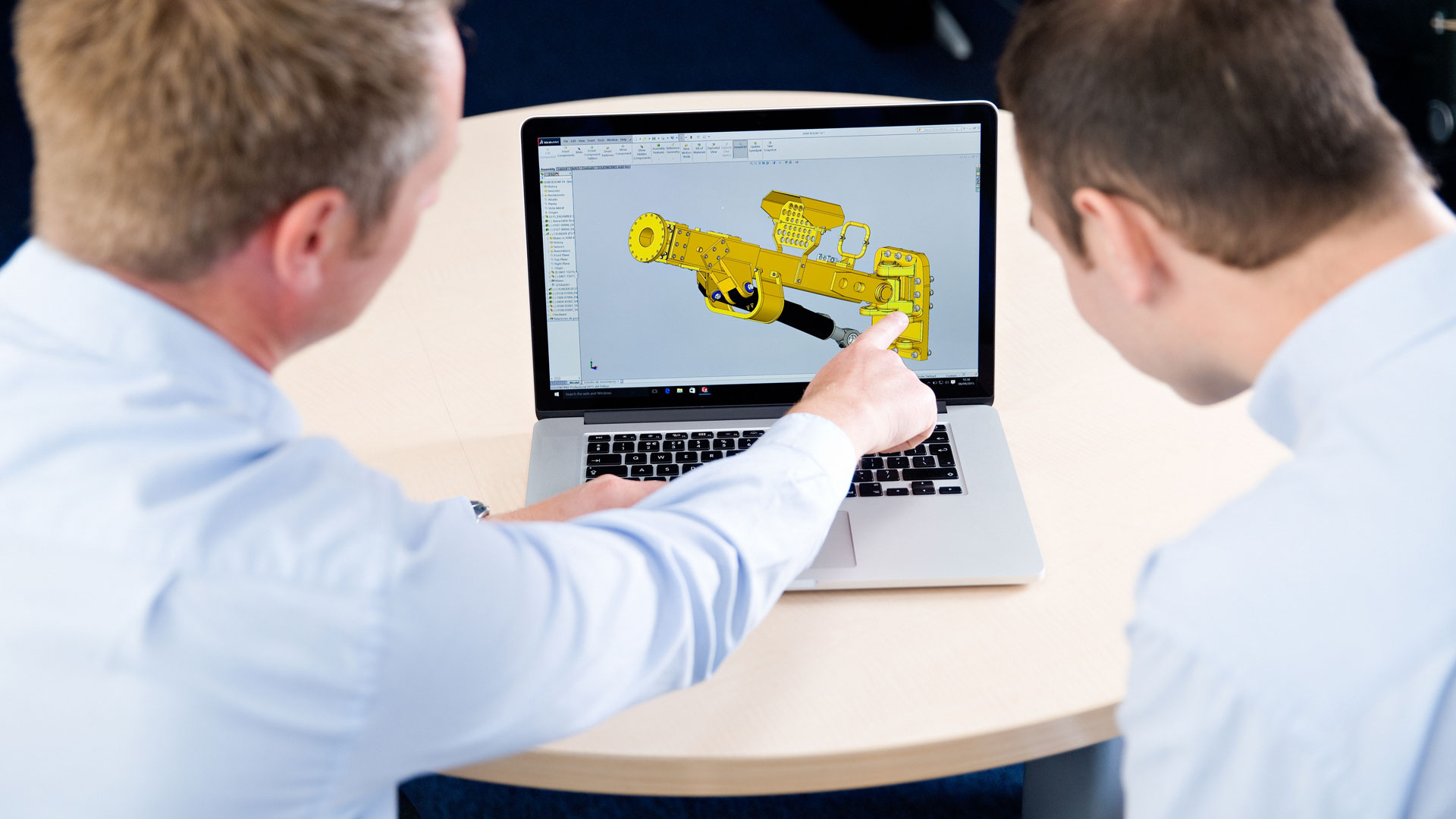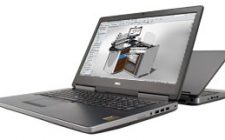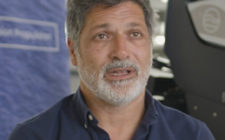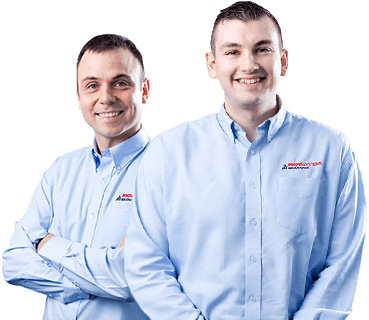FMS is a metalwork fabricator based in Wisbech that specialises in the design and manufacture of stillages for the automotive industry. FMS work with engine manufacturers including Caterpillar, Jaguar Land Rover, Cummins and Manitou, who use FMS stillages in the transportation and storage of their engines and components along the production line. At the beginning of the economic downturn, the decision was made to invest in a 3D CAD system to remain competitive. SOLIDWORKS was chosen over other solutions for its ease of use and powerful weldments functionality.
Staying dynamic
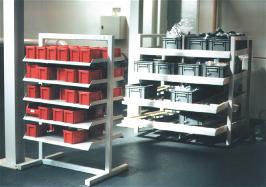 When the economy decelerates and the frequency of work decreases, it is invariably those companies that take the initiative to invest that survive. This is certainly the case for FMS, who have won tenders for work that without SOLIDWORKS would have been unattainable. SOLIDWORKS facilitates design reuse and reduces time to market and implementing SOLIDWORKS has allowed FMS to work to strict timescales while increasing capacity. Additionally, a trend is developing in the stillage market where clients are demanding rights to the 3D model alongside engineering drawings and the physical product. Many stillage manufacturers still rely on 2D CAD or a drawing board, therefore investment in 3D CAD can open many doors. When the availability of work lessens, being flexible and able enough to take on jobs is essential. It is FMS’s willingness to invest in an advanced CAD package that has seen them edge ahead of their competitors.
When the economy decelerates and the frequency of work decreases, it is invariably those companies that take the initiative to invest that survive. This is certainly the case for FMS, who have won tenders for work that without SOLIDWORKS would have been unattainable. SOLIDWORKS facilitates design reuse and reduces time to market and implementing SOLIDWORKS has allowed FMS to work to strict timescales while increasing capacity. Additionally, a trend is developing in the stillage market where clients are demanding rights to the 3D model alongside engineering drawings and the physical product. Many stillage manufacturers still rely on 2D CAD or a drawing board, therefore investment in 3D CAD can open many doors. When the availability of work lessens, being flexible and able enough to take on jobs is essential. It is FMS’s willingness to invest in an advanced CAD package that has seen them edge ahead of their competitors.
Rationalising the design process
Gary Pollington started off working on the shopfloor at FMS 10 years ago and over the years has progressed to the role of Workshop Manager, taking on the responsibilities of running the production line as well as designing new stillages. The practice of designing a stillage is tried and tested, yet each must be purpose-built for its application. In SOLIDWORKS, Gary can modify existing models to produce a brand new design – no time is wasted on redrawing commonly used components or frameworks, allowing him to get straight back to the shopfloor to start fabricating.
Before FMS invested in SOLIDWORKS, samples were fabricated in the workshop from hand-drawn sketches. After several iterations, the sample would be sent to the client for any further revisions before being mass-produced. Many of these iterations can now be performed inside SOLIDWORKS – speeding up the design process by many orders of magnitude.
Virtual prototyping
When you design in a 3D modelling environment, you are working to create a virtual prototype. With this virtual prototype, you can check for fit, form and function – ensuring that everything fits together as it should with no clashes or inconsistencies and that it interacts with other geometry as expected. For FMS, the resulting lower number of physical prototypes needed has contributed to a much more streamlined, efficient and cost-effective manufacturing process – allowing them to work to tighter deadlines and increase capacity.
Winning more business
After implementing SOLIDWORKS, FMS started to win more and more business off the back of their new design software. In November 2012, FMS was commissioned to design and manufacture a large quantity of stillages for Caterpillar in Desford. In order to take on the work, they had to be able to complete the job in six weeks. Without SOLIDWORKS, the job could never have been completed on time due to the number of prototypes and extra design hours required; but with SOLIDWORKS, FMS were able to hand everything over a week ahead of schedule. SOLIDWORKS was instrumental in winning the job, and bringing in ongoing work from the client. The initial contract was worth over £250,000 in revenue.
FMS work with manufacturing companies throughout the UK, Europe and USA and have taken the full brunt of the economic downturn of recent years. Like many companies in the UK, they are in no position to be turning down work due to the incapacity or limitations of their CAD system. Gary Pollington, Workshop Manager at FMS says: “Without SOLIDWORKS, we wouldn’t be here today – although work has slowed over recent years, our ability to take on more complex jobs on a large scale has helped us remain competitive and increase capacity.”


